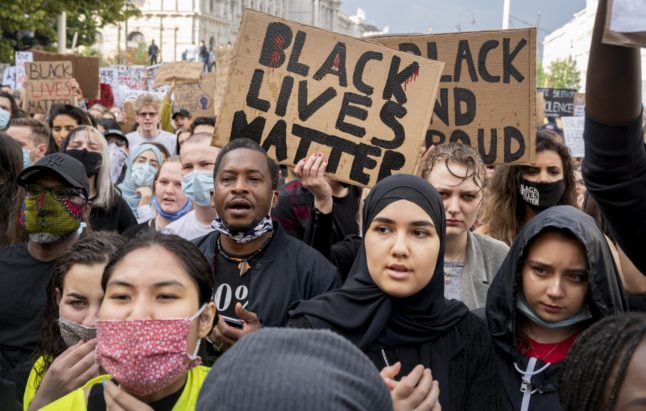The team behind the magazine, 'fresh', says its mission is to show how diverse, confident, and globally connected life is for Afro-Austrians.
Publisher Simon Inou said that for a long time Austrian media has only published negative headlines about Austria’s black community and that fresh intends to change that. “We’re bringing a breath of fresh air into the local media landscape,” he said.
The magazine will focus on lifestyle, fashion, music, arts and culture, education, sport, food, fashion and business.
It will be available for free in selected restaurants, hairdressers, doctors surgeries, cultural centres and universities, as well as at various partner companies in Vienna, Graz, Linz, Klagenfurt, Innsbruck, St. Pölten and Bregenz.
The magazine will also be handed out in the coming weeks on selected streets and squares in Vienna.
Fresh’s editor Clara Akinyosoye said that black people in Austria belong to the second and third generations of the African Diaspora (originally from Africa, Europe, Caribbean, USA, and Latin America), but that the magazine is not exclusively aimed at them but also at anyone who wants to view life in Austria “through Afro-tinted lenses”.

Austrian model Lydia Obute. Photo: Obute's Facebook page
Second and third generation Africans, such as footballer David Alaba or model Lydia Obute, “have taken root in Austria, but don’t forget where their parents or grandparents are from,” Akinyosoye added.
She said this younger generation is “creative, dynamic and fresh. These people have become an integral part of Austria and a valuable asset to domestic fashion, culture, business, and sports. Fresh wants to show this and help define a new generation of self-confident Austrians.”
Thomas Antwi, a student from Carinthia, whose mother is Austrian and father is Ghanaian, has had a look at the magazine’s first edition.
He told The Local he hoped it would have a “positive effect on Austrian society – fresh shows that black Austrian people are not only sticking to their African traditions, but are also managing to create a new lifestyle, a kind of symbiosis between two cultures.”
He added that he thought it would act as “an anchor for Austria’s strong black community and their friends, and help close the gap between the cultures and act as a counterbalance to the current media."



 Please whitelist us to continue reading.
Please whitelist us to continue reading.
Member comments